The content of the article
Among the tropical fruits that are on the shelves of European stores, the guava attracts attention, first of all, with the unusual appearance of not only the external, but also the internal part. But it turns out that overseas fruit is also endowed with many nutrients, and therefore doctors, especially nutritionists, note it as a functional superfood.
How to distinguish guava from other tropical fruits
Guava is an evergreen shrub that can exist only in the humid and dry climatic zone, where there are no frosty periods. It is appreciated that during the cultivation it is not required to use chemical additives, since the plants copes well with the invasion of pests.
The fruit of this plant is green with a tuberous surface, and inside, in the very center, a large number of small seeds are hidden. It has a rather strong specific aroma, and the taste, as gourmets characterize it, is sweet, but with an original acidity. In taste it resembles at the same time strawberries, quince and pineapple. Of course, until the guava reaches the shelves of European stores, it loses to taste, therefore it is lucky for residents and travelers located in Asia and Africa, since it is here that the plant is cultivated and sold everywhere.
You can determine the condition of the fetus by the color inside:
- Almost white flesh indicates immaturity, but many lovers prefer just such a fruit. It is stored in a cool place for no more than three weeks.
- A rich red flesh indicates full maturity. Use should be within 3 - 5 days.
Structure
If you look together with scientists in the pulp and skin of a guava, you can find out that it contains many substances necessary for maintaining human health:
Vitamins
- C - improves the strength of capillaries, relieves nervous excitement, takes part in the synthesis of collagen.
- A - delays the development of colds, increases the severity of twilight vision.
- B vitamins that regulate many metabolic processes.
- K - participates in complex processes of blood coagulation, enhances intestinal and stomach peristalsis.
- E - positively affects the work of muscles, endocrine and gonads.
Trace elements. The fruit contains magnesium, zinc, iron, phosphorus, sulfur, zinc, manganese, sodium.
Polyunsaturated Acids, and above all, omega 3, which activate the immune system, regulate fat metabolism and cholesterol, increase vitality.
What is the benefit?
- Due to such a rich content of useful elements, guava significantly supports the immune system, which, first of all, is due to vitamin C. It turns out that the fruit is superior to oranges in the content of ascorbic acid, which means that if you eat only one fruit, a person will saturate the body with this vitamin five times the normal rate.
- In addition, guava has an amazing property to inhibit prostaglandins molecules that carry an inflammatory process, for example, rheumatoid arthritis.
- The fetus is useful during colds as an antimicrobial and vitamin-rich remedy. It improves the condition during the course of bronchitis or pneumonia, reduces the possibility of developing cancer. Especially if there is a threat to the breast or prostate gland, colon or lungs.
- Anticancer properties are closely related to the amount of antioxidant compounds in the fruit, which includes: quercetin, lycopene, polyphenols.
- For patients with diabetes, guava is an excellent healing agent, since the plant has insulin-like activity, lowers sugar levels, and cases have been recorded when the fruits included in the diet stopped the development of the disease.
- The high content of dietary fiber, as well as a low glycemic index, helps the sick body to suppress an unexpected jump in sugar levels.
- For those who want to stay young, struggling with aging skin, guava will be a great helper. The presence of vitamins, especially C and A, antioxidants protects the skin from premature aging, from wrinkles, since the skin, having received the necessary substances from guava, is able to independently produce elastin and collagen. Brewed and infused leaves will help get rid of inflammatory and purulent processes on the skin, acne. Also, the leaves relieve inflammation of the gums and relieve toothache, because they have anti-inflammatory and analgesic, antibacterial properties, remove diarrhea. It is not necessary to brew the leaves, sometimes they are enough to chew to achieve the desired effect.
- Guava has a positive effect on the cardiovascular system, because the fetus is included in diet food. It can improve the balance of sodium and potassium, making blood pressure return to normal. This is especially necessary for people with high blood pressure. It does not allow the plant to increase the level of "bad" cholesterol or triglyceride, which often provoke the development of heart ailments.
- Bowel problems most often lead to such an unpleasant event as constipation. But the presence of fiber in the guava contributes to improved digestion, and nutrients are absorbed by the body much more actively. If you eat one fruit a day, you can get rid of problems with flatulence, constipation and clean the intestines. But keep in mind that the fruit has laxative properties.
- Guava harmoniously combines substances that help maintain vision. These are vitamins, primarily A and E, antioxidants that strengthen capillaries, through which oxygen and nourish cells, and in this case the risk of exposure to free radicals on the eyes is reduced.
- Guava has a positive effect on the nervous system, brain activity, improving blood circulation in the brain.
Eat fruit or along with the peel (it contains especially many useful substances) and seeds, cutting them into small pieces, or peel them from the peel and seeds, preferring one pulp. The fruit has hard seeds, but they perfectly clean the intestines.
What to watch out for?
In order for the guava to bring only benefit, it should be remembered that the unripe fruit is very acidic, and this can cause a pathological effect during the work of the kidneys.
It is believed that guava should not be thermally processed, but eat fresh. Long storage is not recommended.
The peel contains a lot of sugars, so it’s better for diabetics to eat only the flesh.
Video: what is guava?

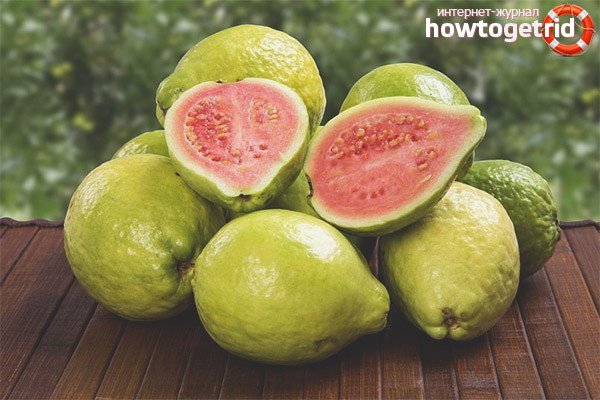
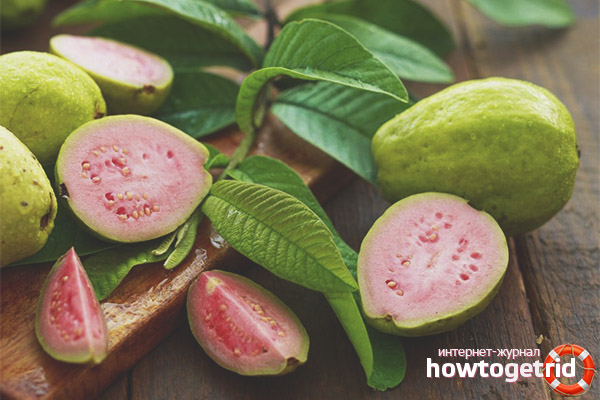



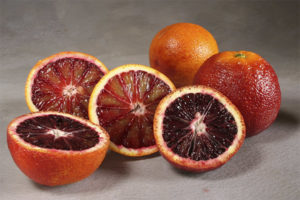

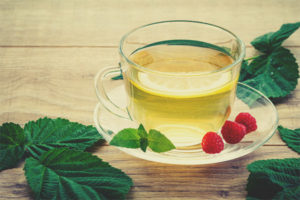
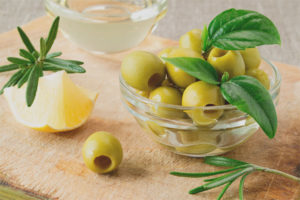

Submit